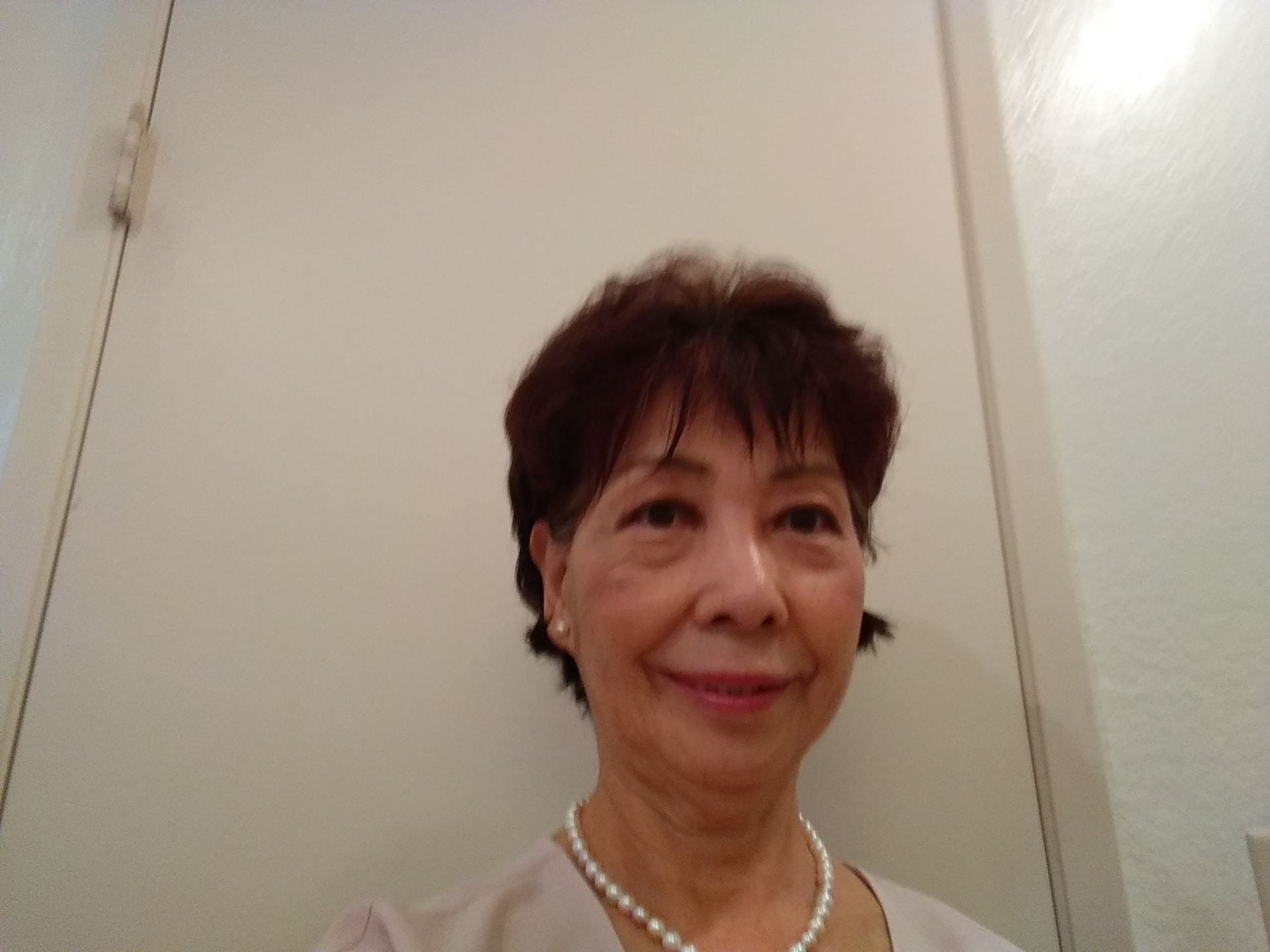BEAL Forum 4. Plenary Session.
Date: Friday, 5 March 2021
Time: 3:30-4:50 pm EST
Venue: Virtual event via Zoom, The Ohio State University, Columbus, Ohio
Professor Haruko M. Cook
University of Hawai’i at Manoa
“Referential and Non-referential (Im)politeness: The Use of Honorifics in Face-attacking Acts in a Japanese Company’s Orientation Meeting”
Abstract: Speakers of honorific languages can linguistically express politeness/impoliteness referentially through the propositional content and/or nonreferentially through the presence or absence of honorifics. What is problematic is when co-occurring referential and nonreferential expressions are in conflict as in the co-occurrence of honorifics and referentially face-attacking expressions. Why do speakers use honorifics when they express a face-attacking referential message?
Brown and Levinson’s politeness theory (1987) explains that the use of honorifics is a negative politeness strategy that mitigates an FTA (face-threatening act). Except for Brown and Levinson (1987), this problem has not been discussed much in the literature of linguistic (im)politeness in the West due to the lack of honorifics in English. However, it is an important issue when studying linguistic (im)politeness in languages with elaborate systems of honorifics such as Japanese and Korean, because speakers of these languages constantly need to make choices between honorific and non-honorific forms.
By examining a Japanese company’s new employee orientation discourse, this talk explores why honorifics are used when the propositional content of an utterance is face-attacking. A new employee orientation in a Japanese company is a context in which impoliteness is ideologically legitimized and often deployed. At the same time, the goal of the orientation is to train new employees to behave in an extremely polite manner. By qualitatively analyzing the speech of the trainer of an orientation, this paper concludes that the trainer’s use of honorifics while attacking the positive face of the new employees is a way of resolving the conflicting demands of a Japanese company.
This paper contributes to (im)politeness research in that it points to the importance of distinguishing referential and non-referential (im)politeness, and it shows why the co-occurrence of honorifics with face-attacks involves more than mitigating an FTA, as claimed by Brown and Levinson (1987).
 Bio: Haruko Minegishi Cook is a professor in the Department of East Asian Languages and Literatures at the University of Hawai’i at Manoa. Her research interests include Japanese linguistics, language socialization, discourse analysis, and pragmatics. Her research explores how participants of social interactions utilize linguistic forms as a resource to construct a social world. She published a book on style shift between JFL learners and their host families and a co-edited volume on Japanese workplace discourse. She also published a number of articles in major journals and edited volumes. A co-edited volume on language socialization and Journal of East Asian Pragmatics’ Special Issue on impoliteness are forthcoming.
Bio: Haruko Minegishi Cook is a professor in the Department of East Asian Languages and Literatures at the University of Hawai’i at Manoa. Her research interests include Japanese linguistics, language socialization, discourse analysis, and pragmatics. Her research explores how participants of social interactions utilize linguistic forms as a resource to construct a social world. She published a book on style shift between JFL learners and their host families and a co-edited volume on Japanese workplace discourse. She also published a number of articles in major journals and edited volumes. A co-edited volume on language socialization and Journal of East Asian Pragmatics’ Special Issue on impoliteness are forthcoming.
Free and Open to the Public
Organizers:
BEAL Forum 4 Organizing Committee
Faculty Co-Chairs: Mineharu Nakayama, Marjorie K.M. Chan, and Zhiguo Xie
Student Co-Chairs: Junyu Ruan & Shunichi Maruyama
Committee Members: John Bundschuh, Jingyi Chen, Paul Cockrum, Hannah Dahlberg-Dodd, Skylor Gomes, Yuki Hattori, Saori Wakita, Seojin Yang, Jinwei Ye, Xuan Ye, Ying Zhang, Wei William Zhou, and Yuhong Zhu
Sponsors:
East Asian Studies Center, Graduate Association of Chinese Linguistics (GACL), Graduate Students of East Asian Languages and Literatures (GREALL), Department of East Asian Languages and Literatures (DEALL), Department of Linguistics, Buckeye Language Network (BLN), and the Institute for Korean Studies (IKS).
This event is sponsored in part by a U.S. Department of Education Title VI grant for The Ohio State University East Asian Studies Center, programming fund for GACL from the Council on Student Affairs, and by the James H-Y. Tai Buckeye East Asian Linguistics Fund.